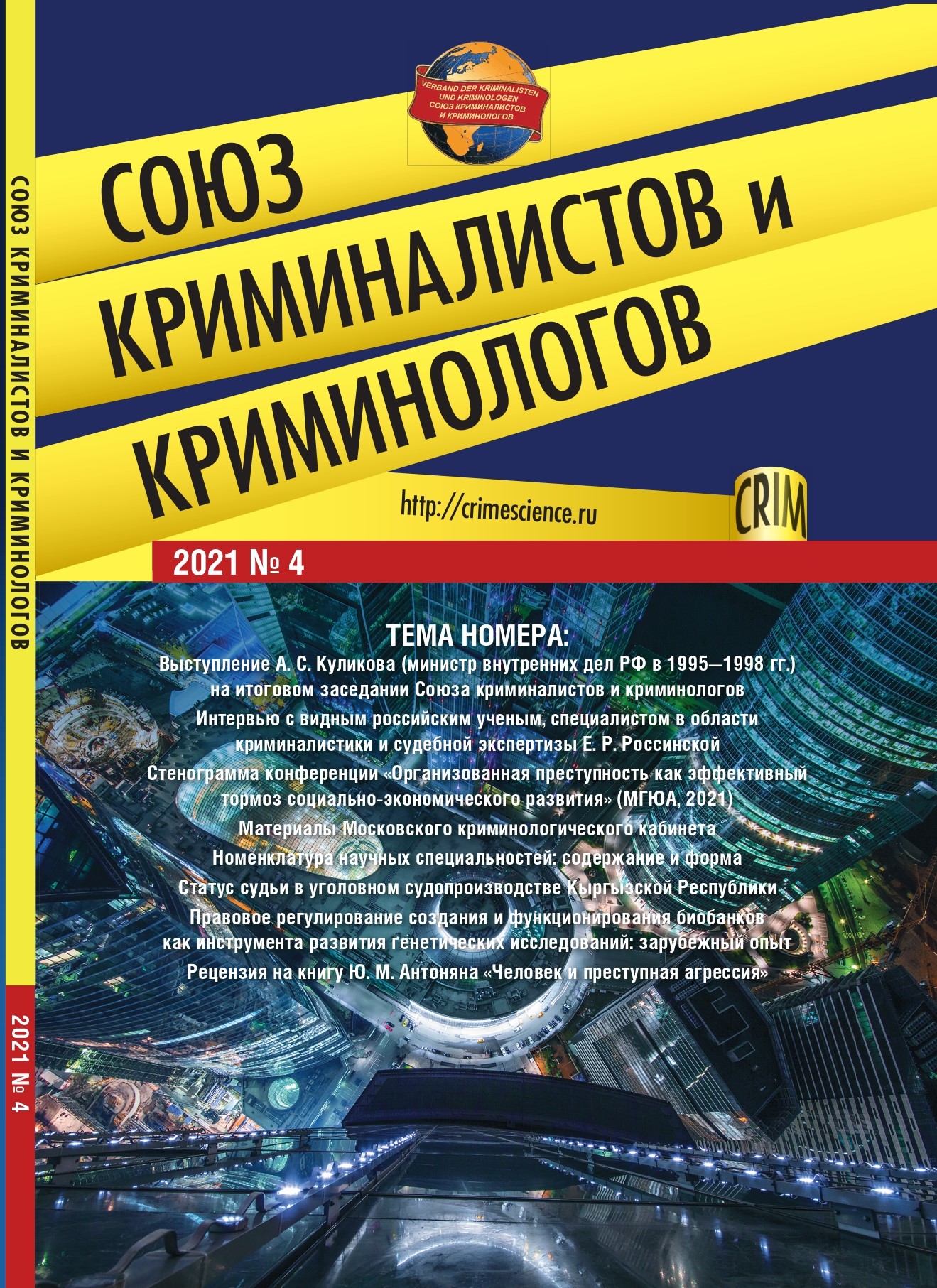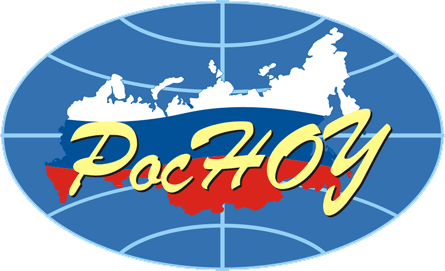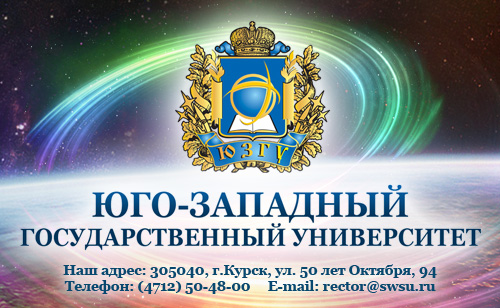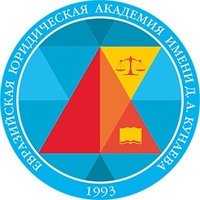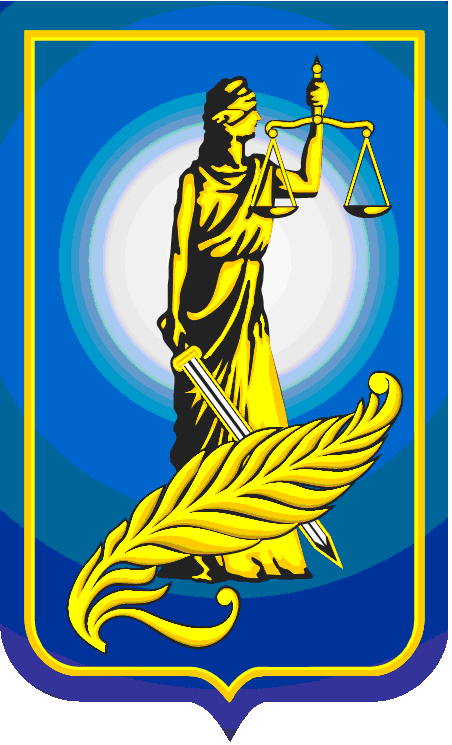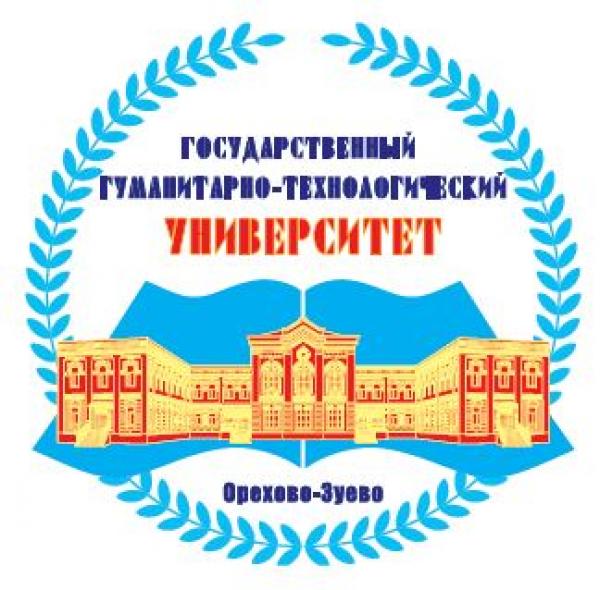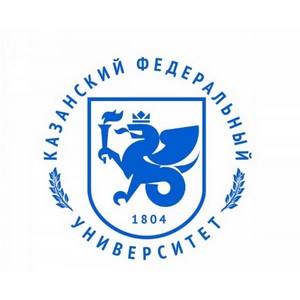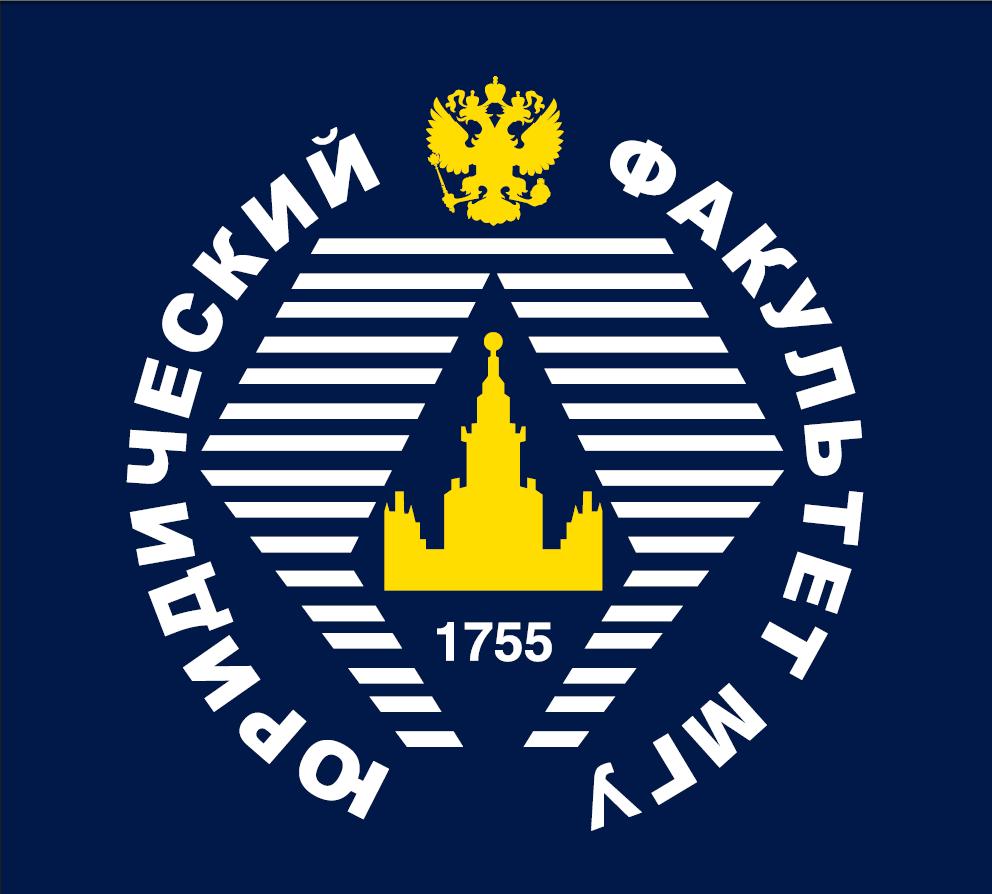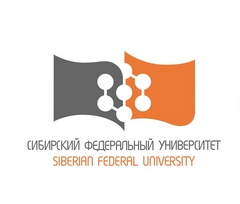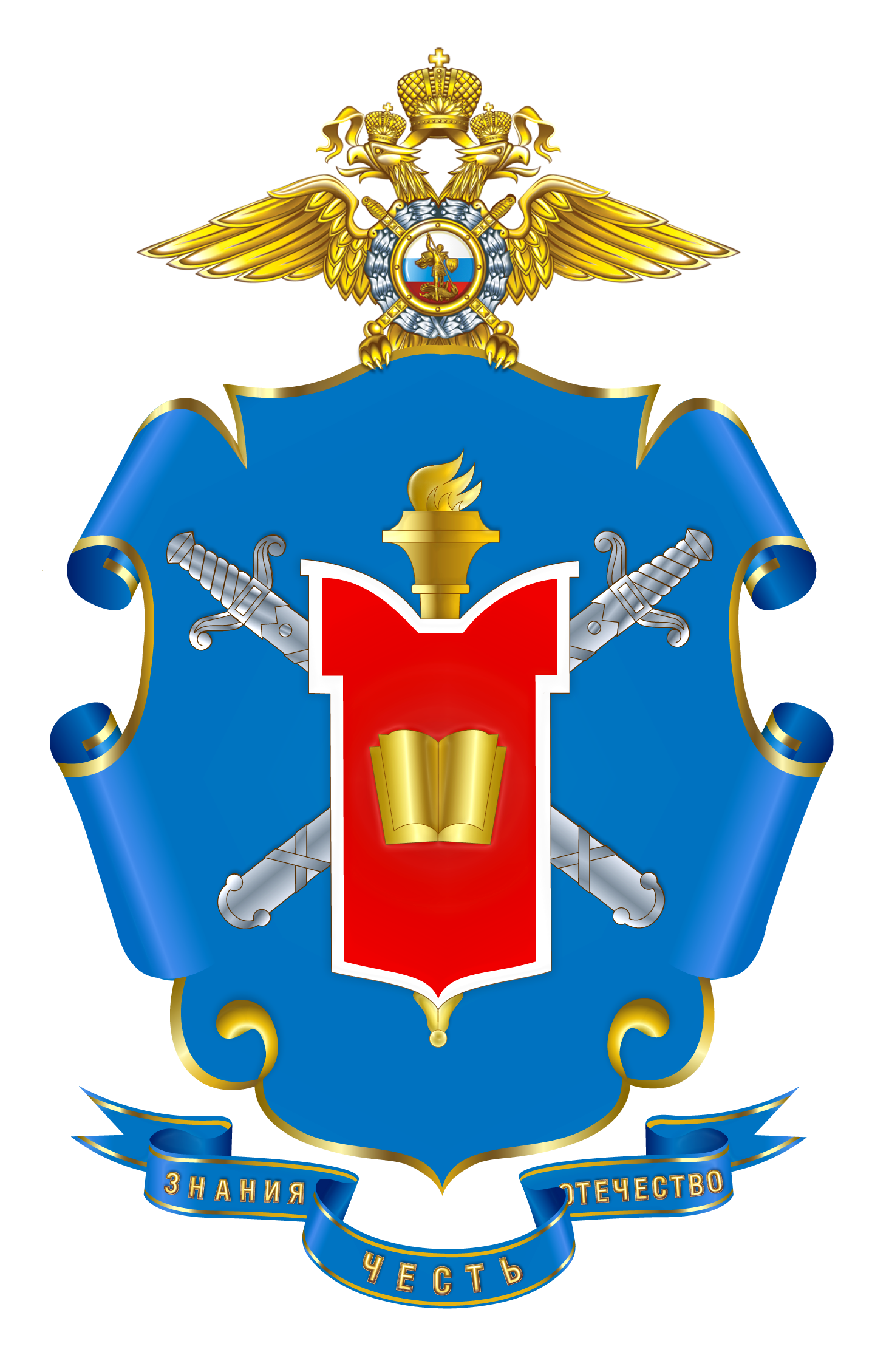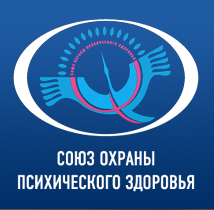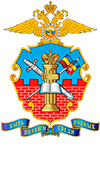The Federal Security Service (FSB) of the Russian Federation presented the materials of the verdict of the Nazis handed down 75 years ago in Kiev.
The trial, which took place from 17 to 28 January 1946, was one of the largest trials for crimes committed by the Nazis in the occupied territories.
Twenty-eight volumes of the verdict contain materials about the crimes in Kiev, Poltava, Stalino (Donetsk), Melitopol, Lviv and other cities, which were documented by the Extraordinary State Commission, which began working in 1943 in the liberated territories, as well as by the testimony of the participants in the crimes themselves.
‘According to the plan of the Hitler cabinet, Soviet Ukraine was to be turned into a German colony and settled by Nazi Germans, and the Ukrainian people were to be destroyed and enslaved,’ the verdict says. The surviving part of the population, according to the plans of the Nazis, was going to be sent to the northern territories of the USSR. … More than 4 million Soviet citizens were exterminated by the German invaders on the territory of Ukraine. The number of people taken to Germany exceeded 2 million, many of whom died from hunger and overwork.’
The Robbery of Ukraine
It also refers to the looting of Ukraine in less than three years of occupation, when the Nazis ‘took away cultural values and other riches of the Ukrainian people to Germany,’ burned, destroyed and looted thousands of cultural institutions, destroyed 647 thousand residential buildings, stole 2.8 million horses, more than 7 million heads of cattle and about 15 million small cattle to Germany. In total, the Nazis caused material damage to Soviet Ukraine for 285 billion rubles – about 730 billion in the modern equivalent.
15 defendants
In 1945, 15 defendants were arrested, almost all of them Germans and one Austrian. The highest-ranking accused was Paul Scheer, a Lieutenant General of Police, former head of the security police and gendarmerie of the Kiev and Poltava regions.
Another Lieutenant General of Police, Karl, as the rear commandant of the German 6th Army, under the guise of fighting the Soviet partisans, carried out the mass extermination of Soviet civilians.
Former SS Officer Georg Heinisch was found guilty of shooting 14,000 people during the occupation of Melitopol and sending 1,100 people to Germany. By his order, schools were closed and schoolchildren were sent to earthworks.
Hans Isenmann, an Obergefreiter of the SS Viking Division, was found guilty of participating in the shootings in the Lviv region, including civilians, women, the elderly and children.
The former Company Commander of the Security Battalion, Non-Commissioned Officer Willy Mayer, was found guilty of leading a punitive squad that participated in the extermination of 14,000 Jews, including 200 people shot personally.
In the multi-episode verdict of the defendants in the Kiev Trial, there are also such episodes as the order to burn alive 40 villagers in a residential building, the visits of the former agricultural commandant to the fields, where he personally beat the citizens who worked there, and many others. By the verdict of the military tribunal of the Kiev Military District, 12 defendants were sentenced to death by hanging. The court sentenced two of the defendants to 15 years and one to 20 years of hard labor.
Twenty-one court proceedings
The Kiev trial of Nazi criminals was one of the largest, although not the first, commented the historian of law enforcement agencies Alexander Zvyagintsev to the TASS Russian news agency. ‘The first trials of Nazi criminals took place during the war in Kharkiv (in December 1943) and in Krasnodar (in July 1943). In total, during the war and the first post-war years, 21 trials were held, in which more than 250 people were convicted, who stained themselves with bloody crimes against civilians.’ Zvyagintsev said.
Alexander Zvyagintsev is the artistic director and screenwriter of the series of documentaries ‘Without a Statute of Limitations,’ as well as documentaries on the Pskov, Novgorod, Sevastopol and Minsk trials. ‘And we continue to make new documentaries, because this is a topic that under no circumstances can be forgotten,’ Zvyagintsev added. ‘Over the years, you understand more and more the historical significance of the International Military Tribunal at Nuremberg,’ he stressed.
https://tass.ru/obschestvo/10562483
Translated by Elizaveta O. Ovchinnikova





